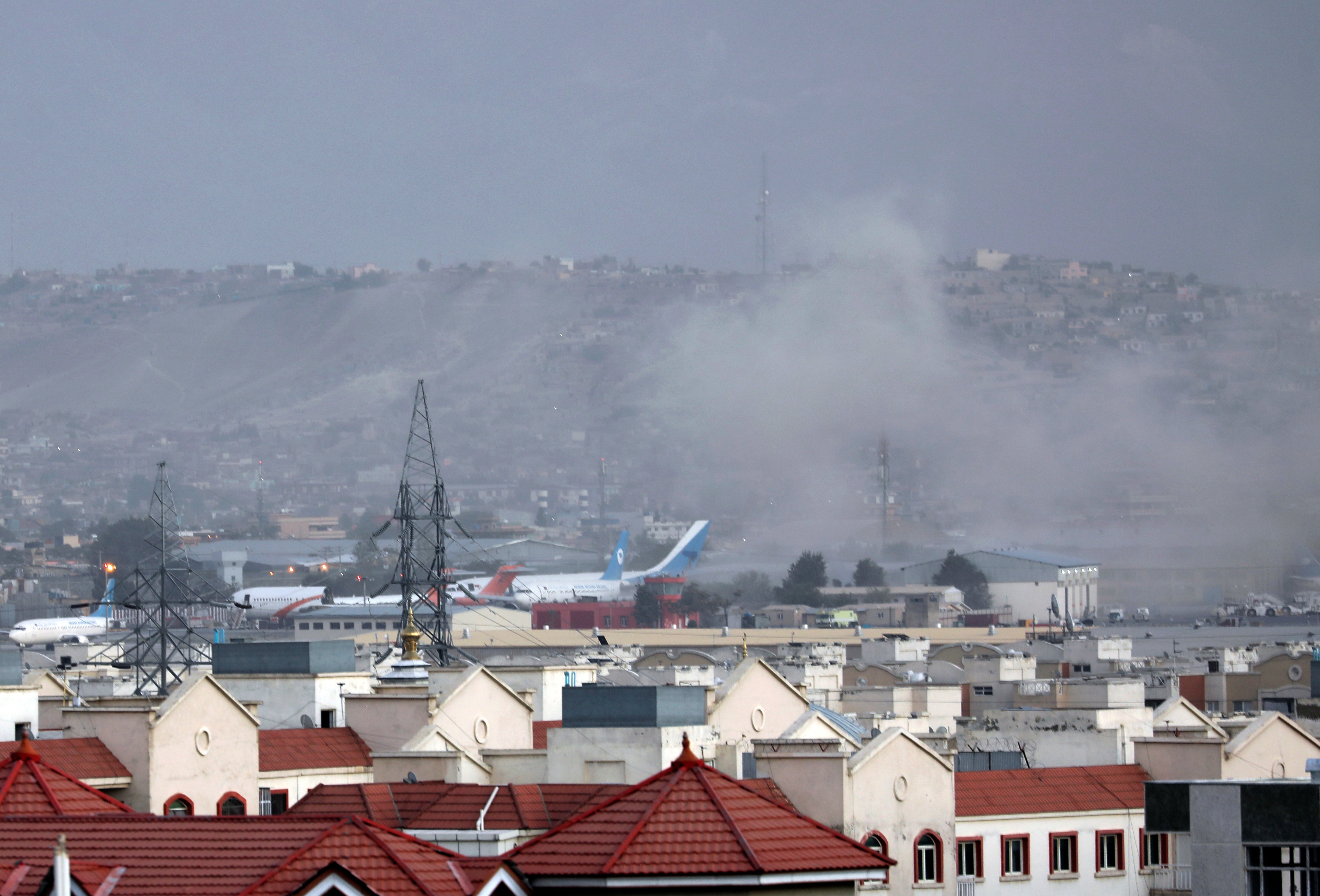Kabul airport explosion: What is the significance of the target sites near Baron hotel?
The US and allied countries had warned that such attacks were likely to happen

Your support helps us to tell the story
From reproductive rights to climate change to Big Tech, The Independent is on the ground when the story is developing. Whether it's investigating the financials of Elon Musk's pro-Trump PAC or producing our latest documentary, 'The A Word', which shines a light on the American women fighting for reproductive rights, we know how important it is to parse out the facts from the messaging.
At such a critical moment in US history, we need reporters on the ground. Your donation allows us to keep sending journalists to speak to both sides of the story.
The Independent is trusted by Americans across the entire political spectrum. And unlike many other quality news outlets, we choose not to lock Americans out of our reporting and analysis with paywalls. We believe quality journalism should be available to everyone, paid for by those who can afford it.
Your support makes all the difference.At least 13 people are feared to have been killed and at least 15 injured by suicide bombers in Afghanistan, according to reports.
The two attacks took place just outside of Kabul’s Hamid Karzai International Airport and at the nearby Baron hotel.
Before the attacks happened, the US and allied countries had urged people to avoid the area around the airport due to the “acute” threat of attacks by affiliates of the so-called Islamic State (Isis) or al-Qaeda.
Follow Afghanistan news LIVE: Latest updates as suspected suicide bombing outside Kabul airport
It comes amid thousands of people desperately trying to leave the country before the 31 August deadline, to flee the Taliban’s rise to power.
What is the significance of the area that were targeted in the attacks?
One suicide bombing happened close to the Abbey Gate entrance to the airport’s airfield and another is reported to have occurred near the Baron hotel – less than one mile away from the airport.
The hotel was being used as a centre for processing Afghan people that are hoping to be evacuated from the country to flee the Taliban, and was mainly used by British officials.
The 160-room hotel is also near to Camp Sullivan, which is a self-contained facility for the local guard force that provides protection to all official US facilities in the capital city.
The hotel’s website says the accommodation is “one of the most prestigious secured lodging projects in Kabul” as its security is provided by a private company from the US, is surrounded by a four-metre-high perimeter wall, and has five guard towers.
It add that it is next to International Security Assistance Force (ISAF) meaning it benefits from being “within the buffer zone of security for both of these landmarks.”
Abbey Gate, where the second blast happened, is an entrance to the airport that is controlled by the British but is only accessible via Taliban checkpoints.
Before the blasts, UK armed forces minister James Heappey had said that Afghans aiming to be evacuated to the UK should avoid the airport as there had been “very, very credible reporting of an imminent attack”.
He added that the “worsening security situation” in Kabul means British forces will “probably get out fewer people” than had been hoped before Tuesday’s evacuation deadline.
Mr Heappey said the threat is specifically from an Isis affiliate known as Isis-K, a branch of the terror group in the Khorasan Province.
The US state department had urged those at Abbey Gate, east gate or north gate “should leave immediately.”
It had cited unspecified “security threats” and advised people to approach only if “you receive individual instructions from a US government representative to do so”.
Join our commenting forum
Join thought-provoking conversations, follow other Independent readers and see their replies
Comments